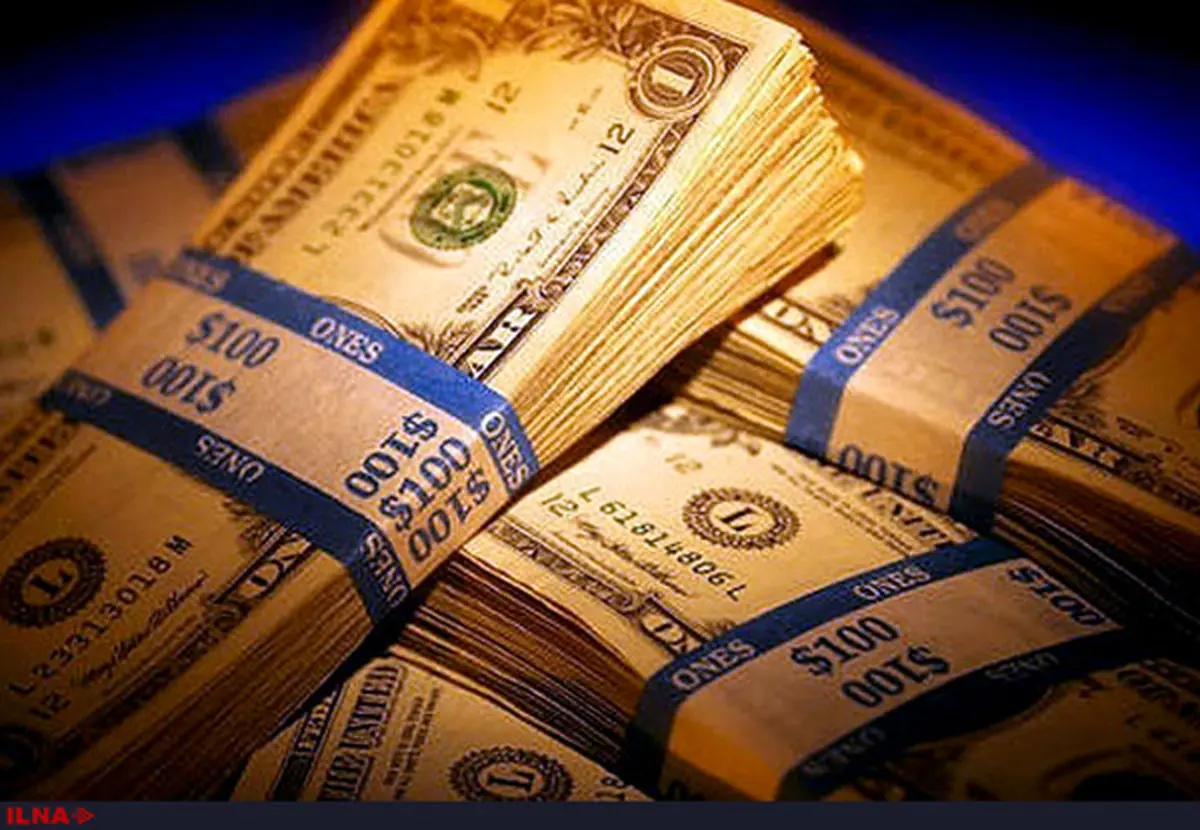Iran focuses on one of Middle East most promising economies; Euromonitor

The latest report published by London-based provider of strategic market research Euromonitor International titled “Economy, Finance and Trade: Iran” focuses on one of the Middle East’s largest and most promising economies, according to the group’s website.
The intensification of international sanctions over Iran in 2012 and the fall in oil prices since mid-2014 took a toll on the Iranian economy. However, short-term relief from sanctions and the rise in private consumption provided some support for the economy in 2015. The country largely benefits from its abundant hydrocarbon reserves, rising household consumption and well-educated, tech-savvy populace.
The removal of international sanctions in January 2016 is projected to boost trade and investment in the economy. However, low productivity, high state intervention and accumulation of bad loans are key challenges for the economy.
Rise in Investment, Exports & Lower Costs of Financial Transactions
Iran has experienced double-digit inflation and in 2013 it reached the highest level since 1995, owing to the intensification of economic sanctions. During this period, the country had limited access to foreign exchange assets, which resulted in increased costs of trade and financial transactions. The removal of sanctions, coupled with gradual fiscal consolidation and prudent monetary policy, brought down inflation to single digits in 2016;
Iran’s car manufacturing industry is very large and has great potential as a regional export hub, owing to the availability of abundant raw materials such as zinc, copper, natural gas and crude oil. Numerous major car manufacturers are attempting to enter or reenter Iran’s automotive market. After the sanctions were lifted in January 2016, PSA Peugeot Citroen was the first company to acquire a license from the government to invest in the country’s largest car manufacturer, Iran Khodro Company. However, outdated technology will be a major drag on the automotive industry in Iran;
Prior to the intensification of the sanctions over Iran’s nuclear program, the European Union was one of Iran’s major trading partners but Iran’s trade relations with the bloc deteriorated. Between 2010 and 2015, Iran’s total goods exports to the EU declined by 93.0% and total goods imports from the EU declined by 72.8%, in US$ terms.
However, two-way trade bounced back in 2016. According to the European Commission, the EU exported over €8.2 billion worth of goods to Iran last year, up 27.8% year-on-year. During the same period, the European bloc imported about €5.5 billion worth of goods from Iran, up 344.8% YOY.
Uptrend in 2017
The uptrend intensified in 2017 as Iran exported €2.77 billion worth of goods to the European Union in the first quarter of 2017, registering a sixfold rise compared with the preceding year’s corresponding period, according to Eurostat.
The country imported €2.52 billion worth of commodities from the EU in Q1, recording a %56 rise YOY. Iran is expected to benefit from various new trade agreements with France, India, Australia, South Africa and Pakistan. On April 2016, South Africa and Iran signed eight agreements on various areas, including trade, under which they have agreed to boost non-oil trade. In March 2016, Iran, India and Afghanistan signed a three-party deal to turn Iran’s port of Chabahar into a transportation hub;
The intensification of international economic sanctions in 2012 coupled with the plunge in oil prices since mid-2014 and weakness in tax revenue has deteriorated Iran’s public finances. However, with the removal of sanctions, oil exports will increase and access to foreign assets will be restored. This should help ease government finances.
Gov’t Reforms Needed
The removal of international sanctions along with the government’s continued privatization drive will open new investment and trade opportunities for Iran, in both its oil and non-oil sectors, such as infrastructure, automotive and transportation.
Yet, the lifting of sanctions will not be enough to boost investment and economic activity in the long run. Major reforms are needed to improve Iran’s banking sector that has a buildup of bad loans and streamline its business environment.
END
